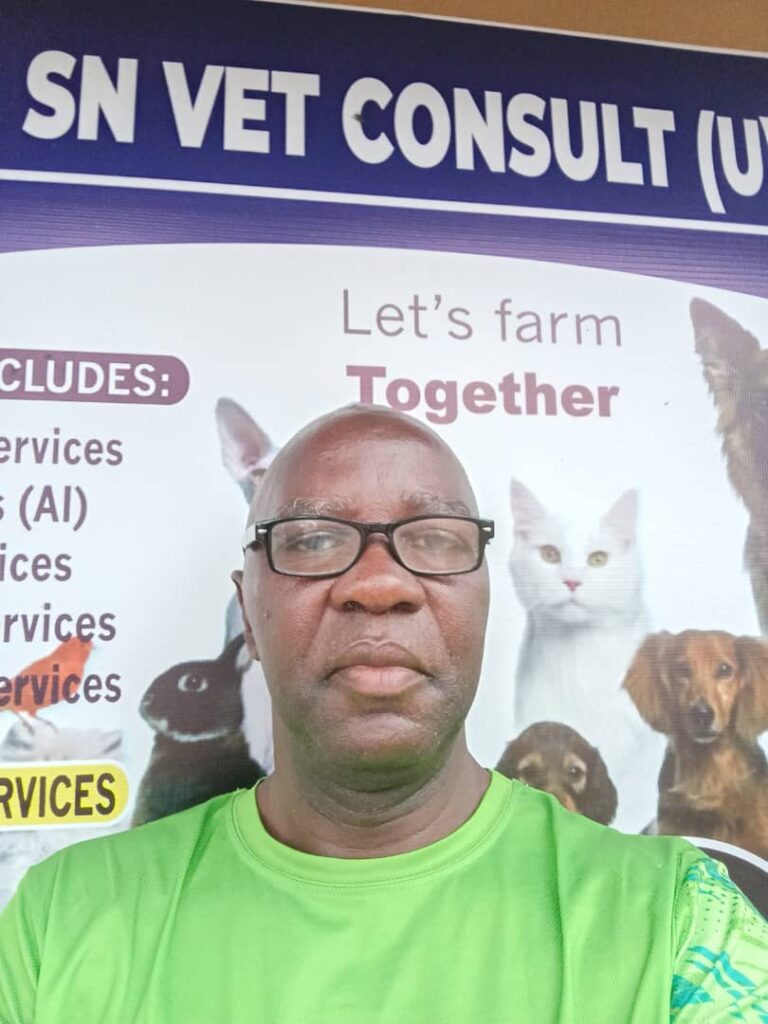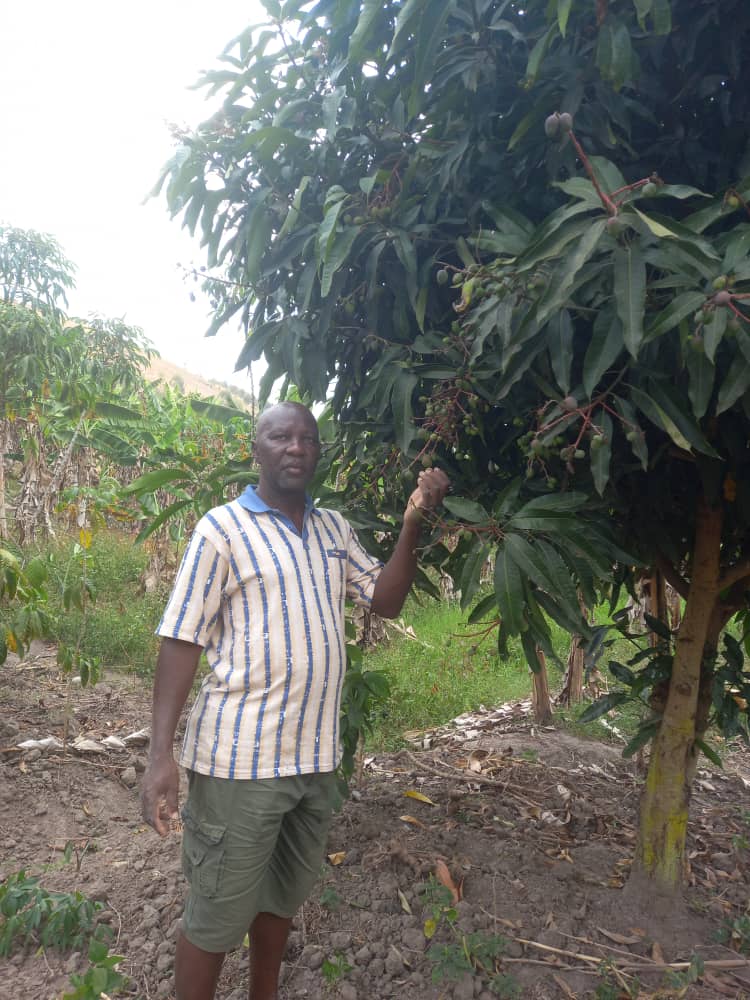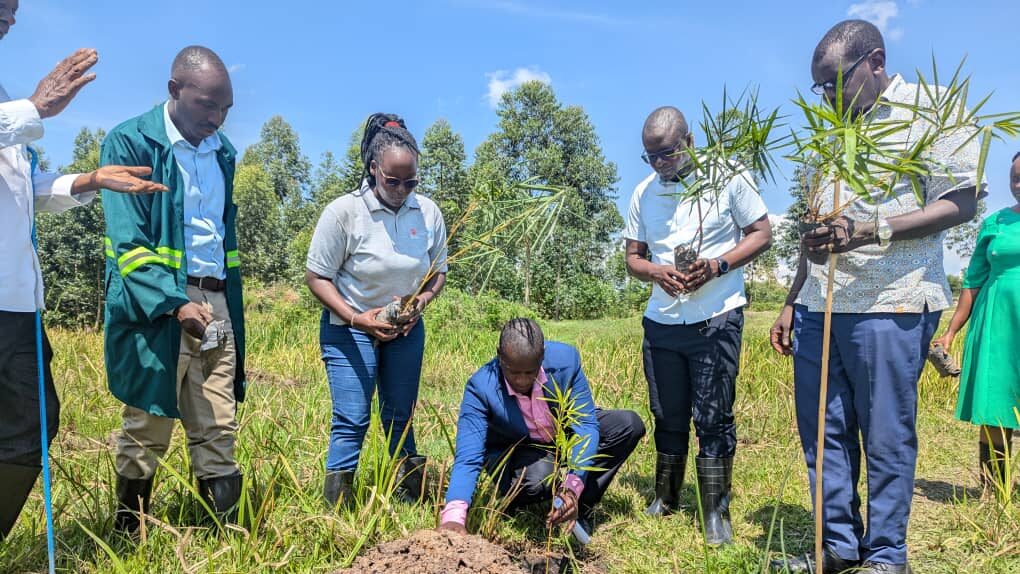This article is part of our October 2024 spotlight on MCLD Uganda. Article by Nsamba Michael, Executive Director of Kisenyi Community Initiatives, member of MCLD Uganda.
On October 10, 2024, Kisenyi Community Initiatives launched an ambitious project to restore the swamps along the banks of River Rwizi in Bubaare sub-county, Mbarara district, Uganda. Collaborating with various conservation-focused community organizations, civil society groups, and district agencies, this initiative is set to make a significant impact on local ecosystems and the communities that depend on them.
Funded by the International Crane Foundation and the Ministry of Water and Natural Resources, the project commenced with the planting of several thousand trees. This reforestation effort aims to enhance the health of vital water catchment areas, contributing to the overall restoration of the river’s ecosystem.
One of the key challenges encountered has been the skepticism from local landowners who are wary of the initiative. To address these concerns, the Kisenyi team established community development associations in every parish, fostering collaboration and easing tensions between stakeholders. By actively involving the community, the project seeks to ensure that residents have a voice in the success of the restoration efforts.
A critical aspect of this initiative is the commitment to community ownership of the newly planted trees. Once matured, these trees will be the property of the local residents, who will be encouraged to utilize them sustainably. This approach not only promotes environmental stewardship but also aligns with the community’s economic interests.
The restoration is being executed in two phases. In the rural section, progress has been promising. The team has successfully reclaimed up to 100 meters of riverbank, although the goal remains to reach the National Environment Management Authority (NEMA) recommendation of 200 meters from the river’s high tide mark. In some areas, rather than cutting down the existing food crops like millet and maize, we plan to intercrop these with trees. This innovative strategy allows for the coexistence of agricultural practices and reforestation, as the growing tree canopies will gradually overshadow the crops.
An exciting addition to this year’s planting efforts is the distribution of fruit trees and bamboo alongside traditional species like Gravellia, Cedars, and Terminalia. By attracting various animals, birds, and insects, these fruit trees will invigorate the newly restored vegetation, enhancing biodiversity in the area.
Looking ahead, the project plans to extend its efforts to the ‘city side’ of the river in the coming weeks. However, this phase poses additional challenges, as encroachments from developers, including milk factories and the local hospital, have already extended beyond the recommended 50-meter buffer from the riverbank. The team hopes that these stakeholders will recognize the importance of protecting this vital water source in a rapidly growing community.
Through community engagement and innovative practices, the restoration of River Rwizi promises not only to rejuvenate the local ecosystem but also to foster a sense of ownership and responsibility among the residents. They have joined hands with like-minded organizations. As this initiative unfolds, Kisenyi Community Initiatives remains committed to preserving the natural heritage of the region for future generations.
About Nsamba Michael, Executive Director of Kisenyi Community Initiatives

Nsamba Michael is trained a social scientist with a passion for nature and conservation.
His community-based organization, Kisenyi Community Initiatives, is a combination of his love for conservation and finding ways to improve his community in Mbarara for the lives of local children.



